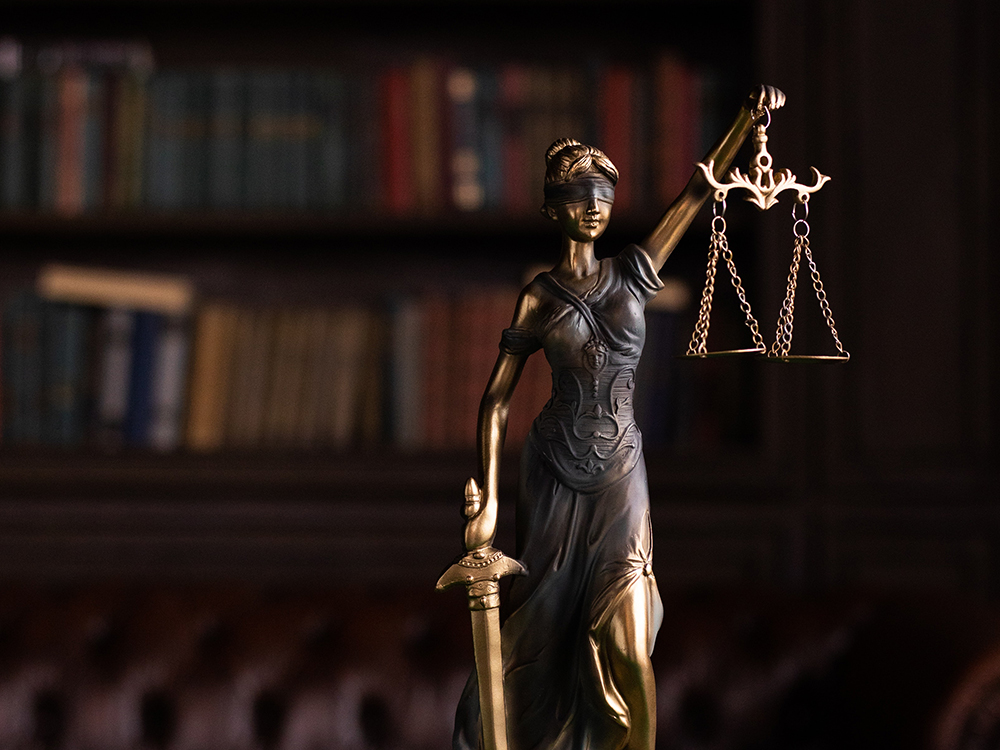
Principles of Natural Justice
The principles of natural justice are a set of procedural safeguards that are designed to protect individuals from arbitrary and unfair treatment by the government and other decision-making bodies. They are not codified in law, but they have been developed by judges over time.
The two main principles of natural justice are:
- The rule against bias: This principle requires that decision-makers be impartial and unbiased. They must not have any personal interest in the outcome of the case, and they must not have any preconceived notions about the parties involved. This principle is also known as nemo iudex in causa sua, which is Latin for “no one should be a judge in their own case.”
There are a number of ways in which bias can be manifested. For example, a decision-maker may be biased if they have a personal relationship with one of the parties involved in the case, or if they have expressed an opinion about the case in advance. In some cases, bias may be inferred from the decision-maker’s conduct, even if they have not explicitly expressed a bias.
- The right to a fair hearing: This principle requires that individuals be given a fair opportunity to present their case and to challenge the evidence against them. They must be given notice of the charges against them, and they must be allowed to call witnesses and to cross-examine the witnesses of the other side. This principle is also known as audi alteram partem, which is Latin for “hear the other side.”
The right to a fair hearing includes a number of other procedural safeguards, such as the right to be represented by counsel, the right to a written decision, and the right to appeal.
The principles of natural justice are important because they help to ensure that individuals are treated fairly by the government and other decision-making bodies. They protect individuals from being arbitrarily deprived of their rights, and they help to ensure that decisions are made on the basis of evidence and reason, rather than on the basis of bias or prejudice.
The principles of natural justice have been applied in a number of landmark cases, including the following:
- R v Sussex Justices ex parte McCarthy (1924): The English Court of Appeal held that a justice of the peace who had previously expressed the opinion that the defendant was guilty could not sit in judgment on the case. This was because the justice was biased and could not give the defendant a fair hearing.
- Maneka Gandhi v Union of India (1978): The Supreme Court of India held that the right to a fair hearing is a fundamental right under the Indian Constitution. This means that the government must follow the principles of natural justice when making decisions that affect individuals.
- Nguni Development Association v South African Development Bank (1998): The Constitutional Court of South Africa held that the right to a fair hearing includes the right to be represented by counsel. This means that individuals who are facing disciplinary action by a government agency have the right to be represented by a lawyer.
The principles of natural justice are an important part of the rule of law. They help to ensure that individuals are treated fairly by the government and other decision-making bodies.
